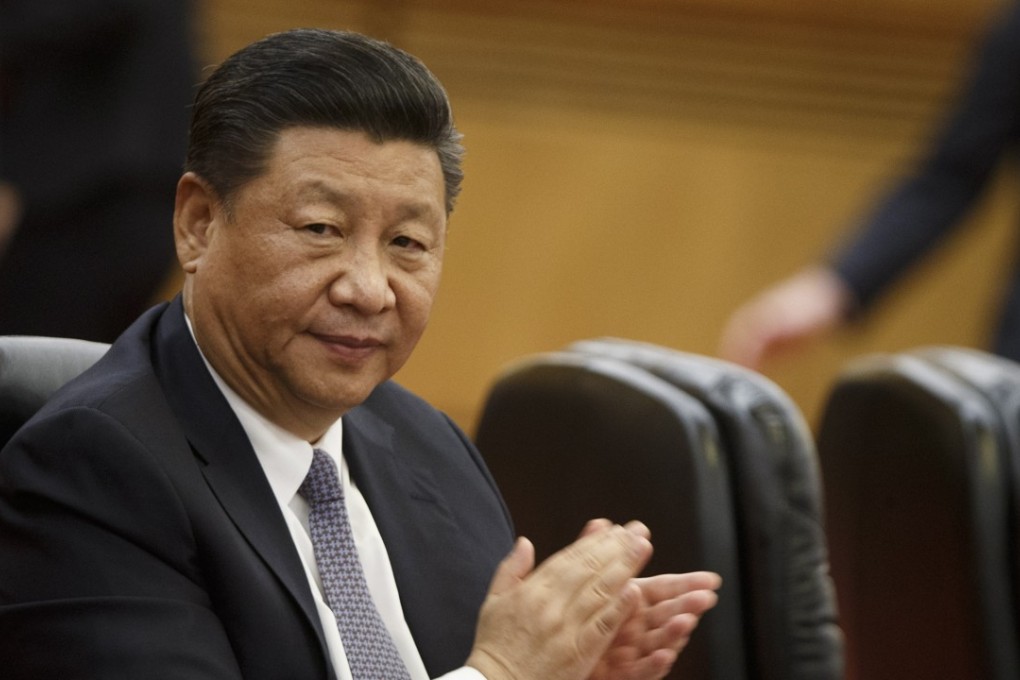No big deal: Trump-Xi talks at G20 unlikely to produce breakthroughs, analysts say
- US markets close slightly lower after investors seem to agree that enthusiasm about discussions is premature
- Any negotiations, even if they resolve trade dispute, won’t address larger issues about technology transfers and espionage

Hopes for a US-China rapprochement at the G20 meetings in Argentina at the end of the month have faded quickly.
Optimistic messaging by US President Donald Trump and China’s state media about his plans for a meeting and dinner with Chinese President Xi Jinping at the forum quickly gave way to scepticism among US analysts on Friday.
Technology, in all the ways it permeates the US-China relationship, is at the centre of the most serious differences, the analysts said. Contentious issues, they note, include US allegations of Chinese cyber-espionage; Beijing’s industrial policy; new cybersecurity standards being rolled out in China; and a heightened scrutiny of Chinese entities involved in tech research in America.
“If you look at Trump administration policy over the past several weeks, there’s been this steady drumbeat focused on Chinese influence campaigns and on China becoming leaders in technology in ways that will undermine American leadership,” said Samm Sacks, a senior fellow at Washington-based Centre for Strategic and International Studies (CSIS).
“It’s about espionage, it’s about market access, it’s about censorship,” Sacks said. “Anything that’s going to be announced by Trump [at G20] is going to be peripheral to that.”
Investors appeared to agree that the enthusiasm over reports about the planned Xi-Trump summit meeting was premature. US stocks shrugged off the news of a potential trade deal as the S&P index erased a rally in the early session Friday to drop 0.6 per cent to 2,723, while the technology-heavy Nasdaq index shed 77 points, or slightly more than 1 per cent.